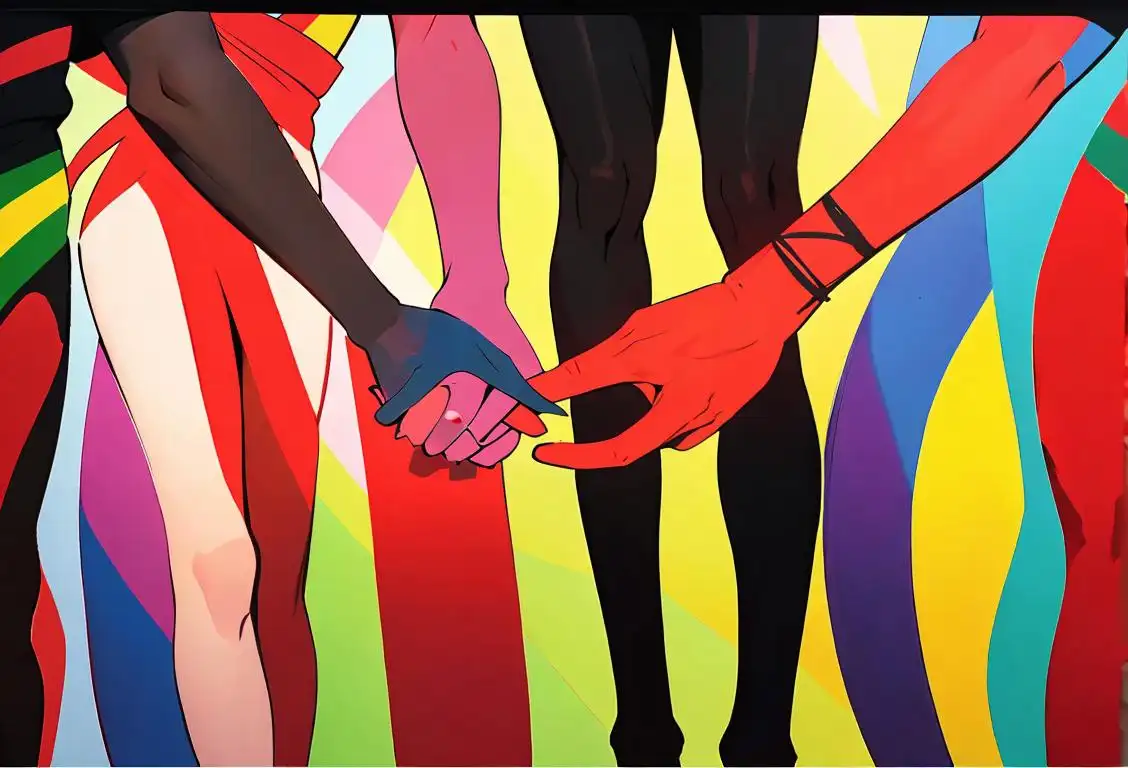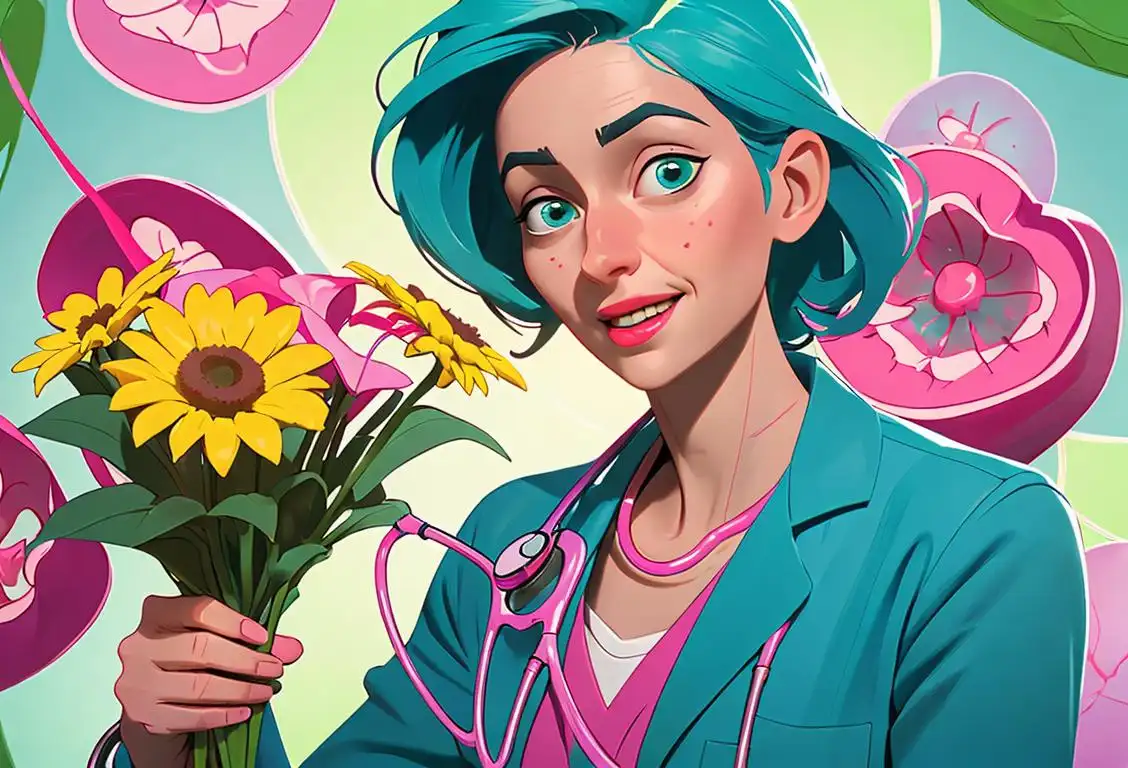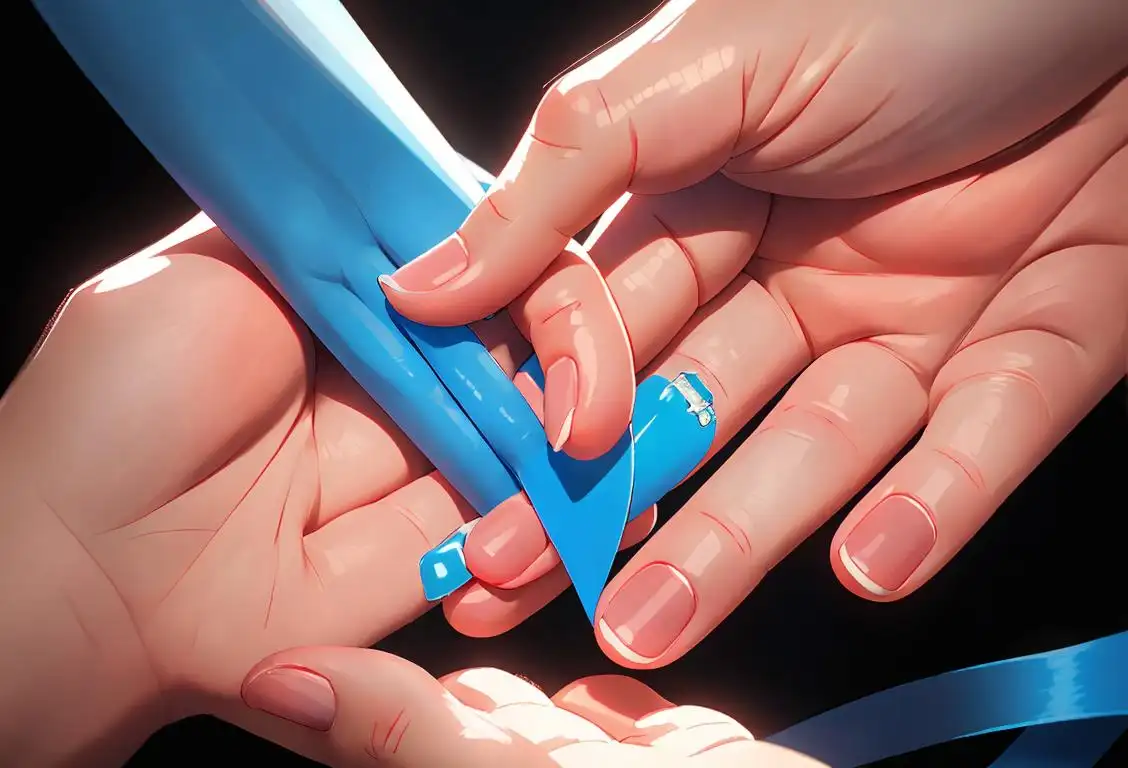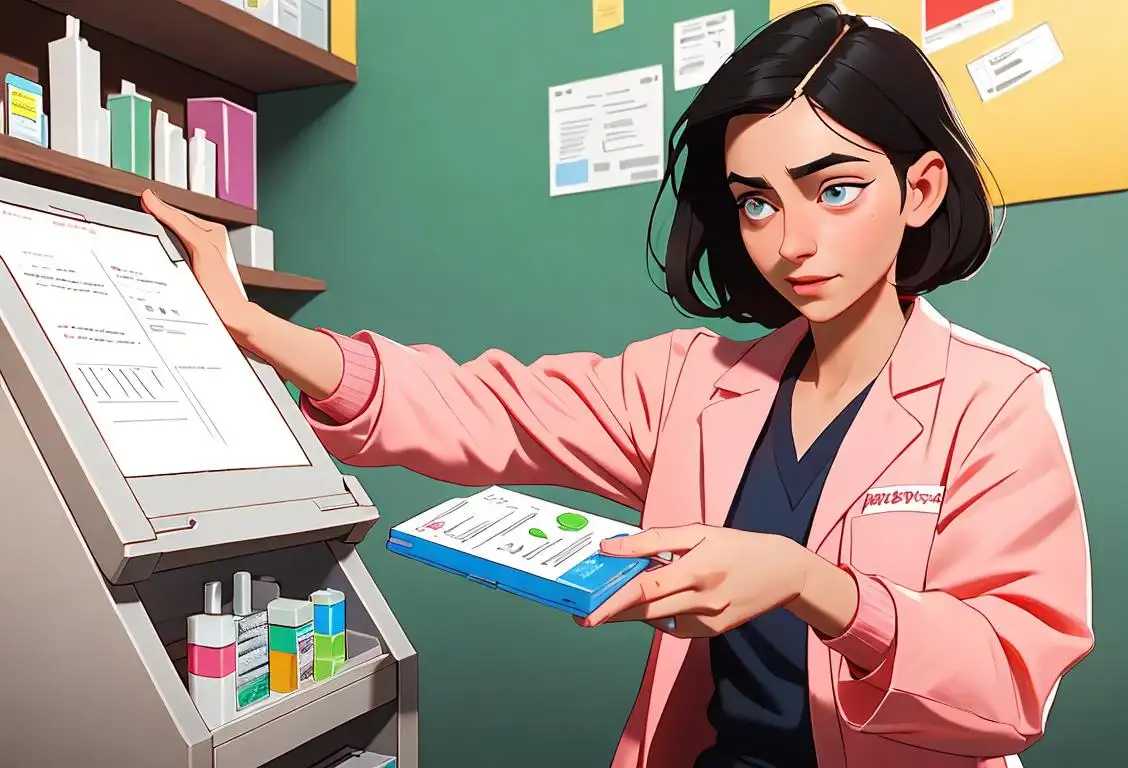National Black Hiv Aids Awareness Day

Welcome to National Black HIV/AIDS Awareness Day! Today, we shine a spotlight on an important cause that affects our community. It's a day to raise awareness, show support, and come together to make a difference. So grab your favorite beverage, sit back, and let's dive into the history and significance of this special day.
When is Black Hiv Aids Awareness Day?
It's national black hiv aids awareness day on the 7th February.
The Origins of National Black HIV/AIDS Awareness Day
National Black HIV/AIDS Awareness Day (NBHAAD) was first observed on February 7, 2000. It was created to address the alarming impact of HIV/AIDS on African American communities in the United States. This annual observance not only raises awareness about the disproportionate impact of the disease on Black individuals but also encourages testing, prevention, and treatment.
Why Are We Focusing on Black Communities?
Statistics show that African Americans continue to bear the brunt of the HIV/AIDS epidemic. Despite making up only 13% of the U.S. population, Black individuals account for a significant portion of new HIV diagnoses and AIDS-related deaths. Socioeconomic factors, limited access to healthcare, and systemic disparities all contribute to this disparity.
Raising Awareness and Taking Action
NBHAAD aims to promote HIV education, provide resources, and encourage testing and early detection. The day is not only about raising awareness but also about destigmatizing HIV/AIDS and fostering a supportive environment where those affected feel safe and empowered.
Getting Involved
There are many ways to show your support on National Black HIV/AIDS Awareness Day. You can attend local events, get tested for HIV, or help spread the message by using social media hashtags like #NBHAAD. By taking action, we can all contribute to reducing the impact of HIV/AIDS in our community.
History behind the term 'Black Hiv Aids Awareness'
1985
The Emergence of HIV/AIDS
In 1985, the term 'black HIV/AIDS awareness' starts to gain currency as the devastating impact of the HIV/AIDS epidemic becomes increasingly apparent. HIV, the virus that causes AIDS, was first identified in the early 1980s, but it wasn't until 1985 that a connection between the virus and the disease it causes was established. The HIV/AIDS epidemic hit the black community particularly hard, leading to a growing need for awareness and education.
1991
The Creation of National Black HIV/AIDS Awareness Day
In 1991, National Black HIV/AIDS Awareness Day (NBHAAD) was created to address the specific impact of HIV/AIDS on the black community. Observed annually on February 7th, NBHAAD aims to promote testing, education, and involvement in efforts to prevent the spread of HIV/AIDS. The day serves as a reminder of the ongoing need to raise awareness, fight stigma, and support those affected by the disease.
2000
Expanding Awareness Efforts
By the year 2000, the term 'black HIV/AIDS awareness' had become firmly entrenched in public discourse and activism. Numerous organizations, community groups, and healthcare providers dedicated their efforts to spreading awareness about HIV/AIDS within the black community. These efforts included targeted educational campaigns, increased access to testing and treatment, and the mobilization of resources to address the specific challenges faced by black populations.
2010
Advancements in Prevention and Treatment
Over the years, significant advancements have been made in the prevention and treatment of HIV/AIDS. Antiretroviral therapy (ART) has revolutionized HIV care, making it possible for individuals living with the virus to lead longer and healthier lives. Additionally, pre-exposure prophylaxis (PrEP) has emerged as an effective preventive measure. The ongoing efforts to ensure access to these advancements have played a crucial role in black HIV/AIDS awareness and have contributed to reducing new infections and improving health outcomes.
Present
Continuing the Fight
Today, the term 'black HIV/AIDS awareness' remains significant, as the fight against HIV/AIDS continues. Efforts to raise awareness, eliminate stigma, and promote early testing and treatment remain essential. National Black HIV/AIDS Awareness Day serves as a cornerstone for ongoing education and advocacy, reminding us of the importance of unity, support, and continued efforts to combat the spread of HIV/AIDS within the black community.
Did you know?
Did you know that National Black HIV/AIDS Awareness Day is recognized not only in the United States but also in other countries, highlighting the global impact of this disease?Tagged
awareness community healthFirst identified
7th February 2016Most mentioned on
7th February 2021Total mentions
38Other days
Black Hiv Aids Awareness Day
Mast Cell Disease Awareness Day
Social Prescribing Day
Vitiligo Day
Breastcancer Action Day
American Diabetes Association Alert Day
Donate Your Hair Day
Bleeding Day
Prescription Drug Take Back Day
Ostomy Awareness Day







